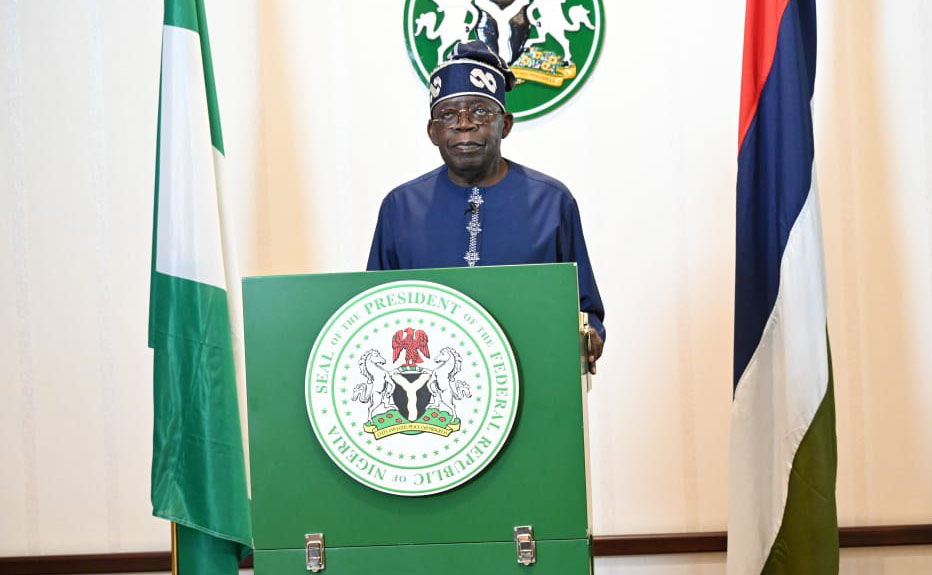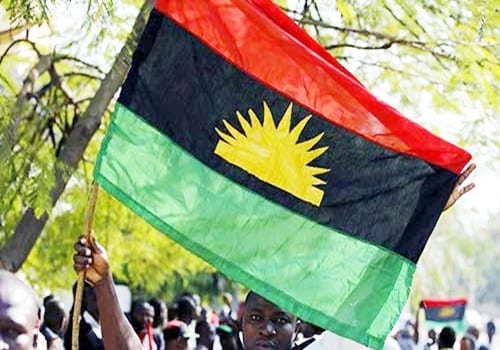A Federal Executive Council (FEC) meeting scheduled to hold at the Presidential Villa, Abuja, was abruptly cancelled on Monday.
The crucial meeting was scheduled to hold at the Council Chamber, following President Bola Tinubu’s national broadcast on Sunday which attempted to address the ongoing #EndBadGovernance protests.
No reason, was however, given for the cancellation.
The cabinet meeting slated for noon and presided over by the President was expected to seek and develop solutions to ease the economic burdens and persuade protesters to end their demonstrations.
Cabinet members who had turned up for the meeting were seen departing the Council Chamber venue one after the other moments after arrival. They also declined to speak to newsmen.
The Federal Executive Council, an essential constitutional body, plays a pivotal role in Nigeria’s governance framework.
Article 144 (5) of the 1999 Constitution (as amended) recognises the “Executive Council of the Federation” (the Federal Executive Council) as the “body of Ministers of the Government of the Federation, howsoever called, established by the President and charged with such responsibilities for the functions of government as the President may direct.”
The Council’s purpose is to formulate policies, execute government projects, and, more broadly, aid the President in discharging his executive functions.
Domiciled in the Cabinet Affairs Office of the Secretary to the Government of the Federation, the Council primarily comprises the President, Vice President, and the appointed ministers.
As Article 148 (2) of the Constitution states, the President is required to seek advice or act on the recommendations of other constitutionally mandated advisory bodies such as the Council of State, the National Security Council, and the Nigeria Police Council, among others, each of which meets occasionally to offer such advice and recommendations.










